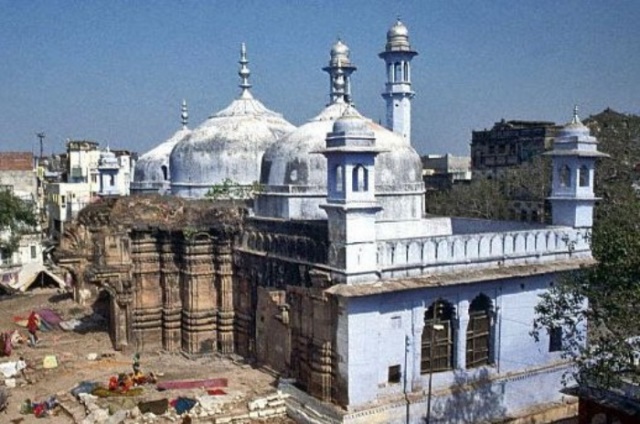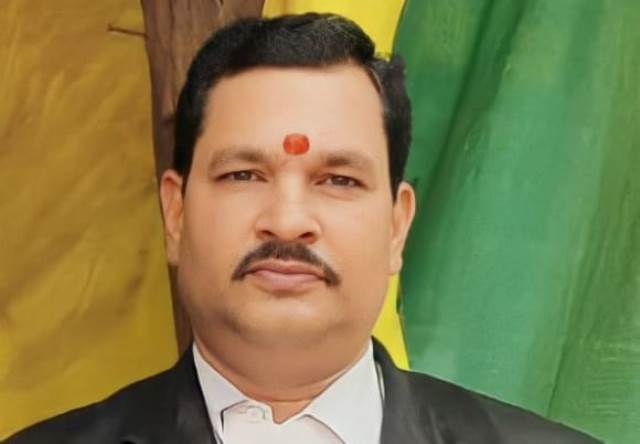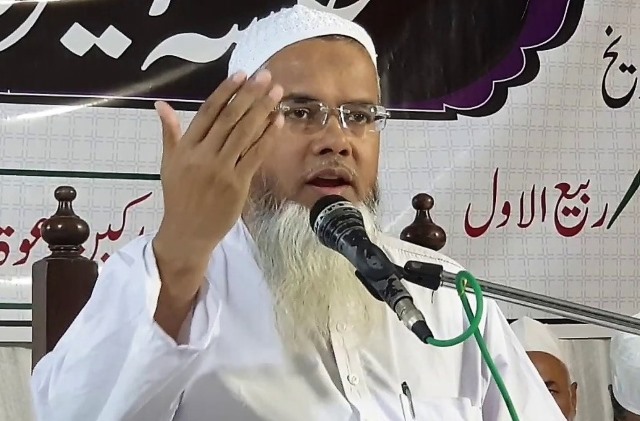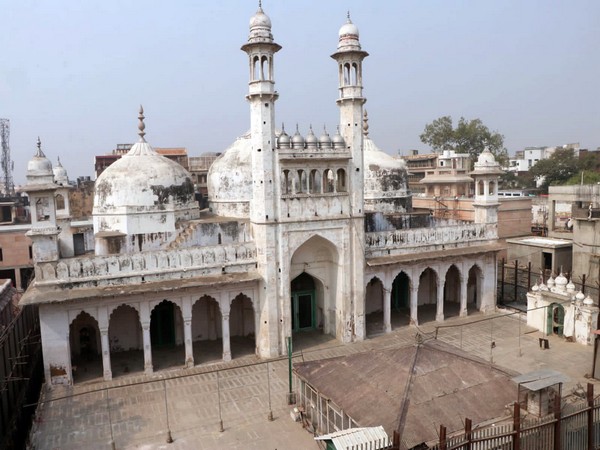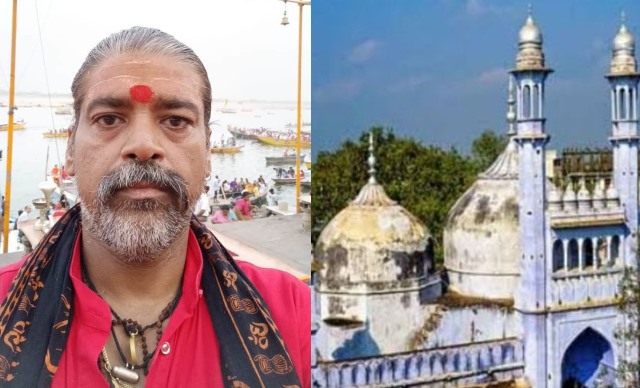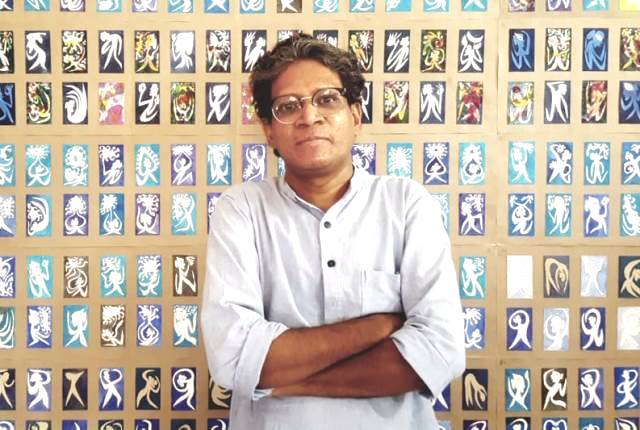A Varanasi court on Friday rejected the plea seeking carbon dating and scientific investigation of the purported ‘Shivling’ claimed to be found in the Gyanvapi mosque complex.
The Hindu side had claimed that a ‘Shivling’ was found in the premises near the ‘wazukhana’ during the videography survey of the mosque premises, which was ordered by the court.
However, the Muslim side said that the structure found was a ‘fountain’. The Hindu side had then submitted an application on September 22 that sought a carbon dating of the object they claimed to be ‘Shivling’.
Carbon dating is a scientific process that ascertains the age of an archaeological object or archaeological finds.
Speaking to ANI, Vishnu Jain, representing the Hindu side said, “The Muslim side said that Shivling is not a part of the suit property and its carbon dating cannot be done. We have given our clarification on both of these points. The court will deliver its verdict on October 14.”
Earlier on September 29, the Hindu side demanded a scientific investigation of the ‘Shivling’ by the Archaeological Survey of India (ASI) and the carbon dating of ‘Argha’ and the area around it.
The court had reserved the order in the Gyanvapi Mosque-Shringar Gauri case after hearing both sides’ arguments.
Akhlaq Ahmed, representing the Muslim side had said that the plea by the Hindu side is not maintainable as it is against the order of the Supreme Court that stated protecting the structure (which the Muslim side claims to be a fountain and the Hindu side claims to be a Shivling).
“We responded to the application on carbon dating. Stone does not have the capacity to absorb carbon. The Supreme Court in its May 17 order, according to which, the object that was found by the commission, had to be protected. The order of the SC will prevail, so the object cannot be opened. According to the Hindu side, the process will be scientific, even if it is so, there will be tampering with the object. Chemicals will be used for the test. We will take action based on the order by the court on October 14,” Ahmed told ANI.
Another lawyer representing the Muslim side, Tohid Khan said, “The court will deliver its verdict on whether the application seeking carbon dating is acceptable or should be rejected. The structure is a fountain and not Shivling. The fountain can still be made operational.”
Earlier, an appeal had been filed in the Supreme Court challenging the order of the Allahabad High Court which had dismissed a PIL that sought the appointment of a committee/commission under a judge to study the nature of the structure found in the Gyanvapi Mosque, Varanasi.
The appeal filed by seven devotees sought direction from the Archeological Survey of India (ASI) to ascertain the nature of the structure found on the Gyanvapi campus.
The Allahabad High Court had on July 19 dismissed their plea seeking the appointment of a committee/commission headed by a judge of the High Court or supreme court (sitting/retired) to study the nature of the structure found in the Gyanvapi Mosque.
The PIL moved before the High Court seeks direction from a committee to ascertain whether a Shivaling, as claimed by the Hindus, had been found inside the mosque or if it is a fountain as claimed by Muslims.
The appeal in the top court stated that the Allahabad High Court had erred in dismissing the plea.
On May 20, the Supreme Court ordered the transfer of the case related to worship at Gyanvapi mosque from the civil judge to the District Judge, Varanasi. (ANI)
Read More:http://13.232.95.176/

